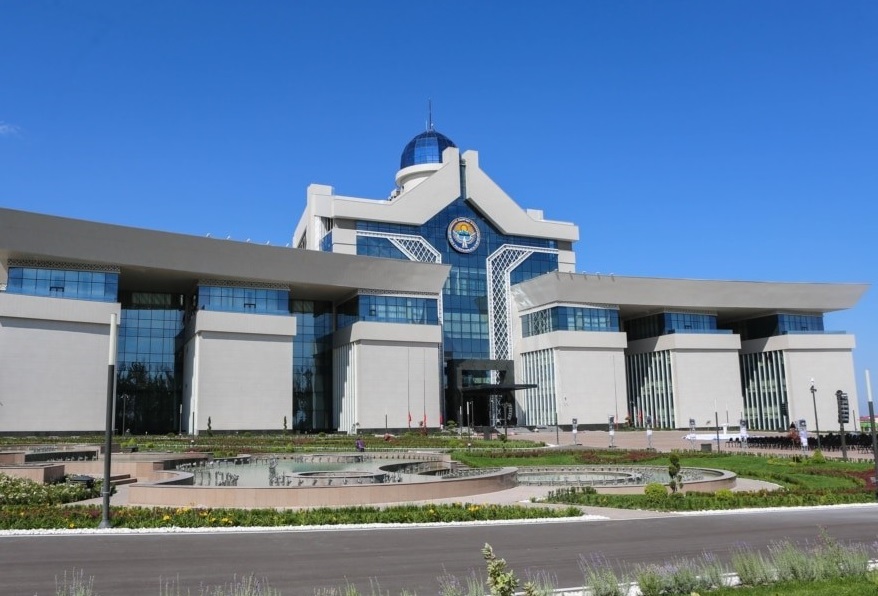Biškek faces enviornmental crisis
A shortage of rainfall is accentuating the warning signs in Kyrgyzstan's major cities, already plagued by high levels of pollution. The increase in urban population is not accompanied by adequate development of housing, health, and educational infrastructure.
Bishkek (AsiaNews) - Summer in Kyrgyzstan has opened with several warning signs about environmental conditions, especially in major cities and the capital city of Bishkek. The winter cloak of smog has left a heavy situation, which is now spilling over into major water shortages, common to the entire Central Asian region, due to the lack of rainfall in recent months.
In Biškek all this is piling up on the "old wounds" of the housing, health, education and other infrastructures that cannot cope with the very rapid growth of the city's population, and there is a complete lack of reserves for the future.
The city authorities for now seem only to be scrambling to "plug the holes." Municipal deputy Žanarbek Akaev said that "Biškek is in danger of turning into a huge village in the countryside," and a similar situation is being created in Oš, a large western city, if the government fails to allocate adequate investment to the needs of urban centers.
Economist Azamat Akeneev points out that "population growth, especially in the capital, is exceeding the 2 percent rate, following the typical rhythms of our social condition."
Kyrgyzstan remains a fundamentally agricultural country, where in any case most of the population lives in the countryside, and there is a much more delayed movement of migration to urban centers than the average of other nations.
Whereas about 1 billion people worldwide lived in cities in the 1950s, today there are about 4.5 billion, more than half the entire population. Urbanization trends bring numerous imbalances everywhere. As Akeneev notes, this growth mainly affects major cities, while small and medium-sized cities see no growth, often in fact declining in population.
The metropolis in general should offer more infrastructure and job opportunities, in addition to the vast network of social relations. Especially since in the smaller towns there is not even the advantage of country life, contact with nature and a less contaminated environment.
The two main cities of Kyrgyzstan concentrate all these tensions on themselves, and especially the capital is moving toward the formation of an agglomeration that gathers most of the country's population.
Economists trust the progress of business activities, linked precisely to metropolitan growth, could create opportunities for private intervention to supplement the sluggishness of bureaucracy.
"These are natural mechanisms of market laws," the expert insists, as long as authoritarian impulses can be contained in Kyrgyzstan, and freedom of movement and enterprise guaranteed for citizens. "A lot of people gathered in a small space is still not a city," Akeneev concludes, "we need to give them the opportunity to deploy their skills, and the spirit of initiative.
26/01/2024 11:33
23/02/2023 09:46
27/01/2023 09:41
05/11/2021 13:13
16/09/2021 12:24







.png)










